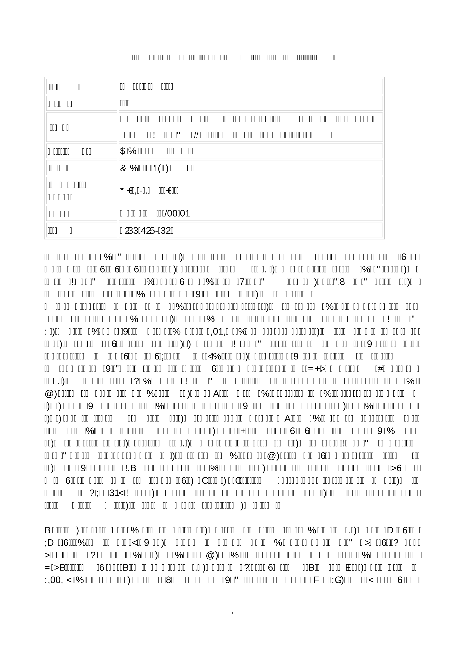Kent H. Morris: The Historical Development and Contemporary Perspective of the Japanese Urasenke Way of Tea as Practiced in California
This work provides a study of chanoyu, or tea ceremony, from an anthropological perspective, highlighting in particular its development in Southern California. The work is focused on the Urasenke tradition, which together with the Omotesenke and Mushanokojisenke, constitutes one of the main traditio...
Đã lưu trong:
| Xuất bản năm: | Marburg Journal of Religion |
|---|---|
| Tác giả chính: | |
| Định dạng: | Artikel (Zeitschrift) |
| Ngôn ngữ: | Tiếng Anh |
| Được phát hành: |
Philipps-Universität Marburg
2004
|
| Truy cập trực tuyến: | Truy cập trực tuyến |
| Các nhãn: |
Không có thẻ, Là người đầu tiên thẻ bản ghi này!
|
| Tóm tắt: | This work provides a study of chanoyu, or tea ceremony, from an anthropological perspective, highlighting in particular its development in Southern California. The work is focused on the Urasenke tradition, which together with the Omotesenke and Mushanokojisenke, constitutes one of the main traditions widely spread both inside and outside Japan. Kent Morris provides the reader with an historical introduction of the way of tea in China and Japan, its arrival in western countries, where the first international chapter of the Urasenke Foundation was established in Hawaii in 1951, two years after its foundation in Japan, and an account of the organisation and structure of the Urasenke tradition. He then describes in detail a typical noontime tea gathering (shōgo chaji) with a study of its symbolism and interpretation. |
|---|---|
| DOI: | 10.17192/mjr.2004.9.3640 |
